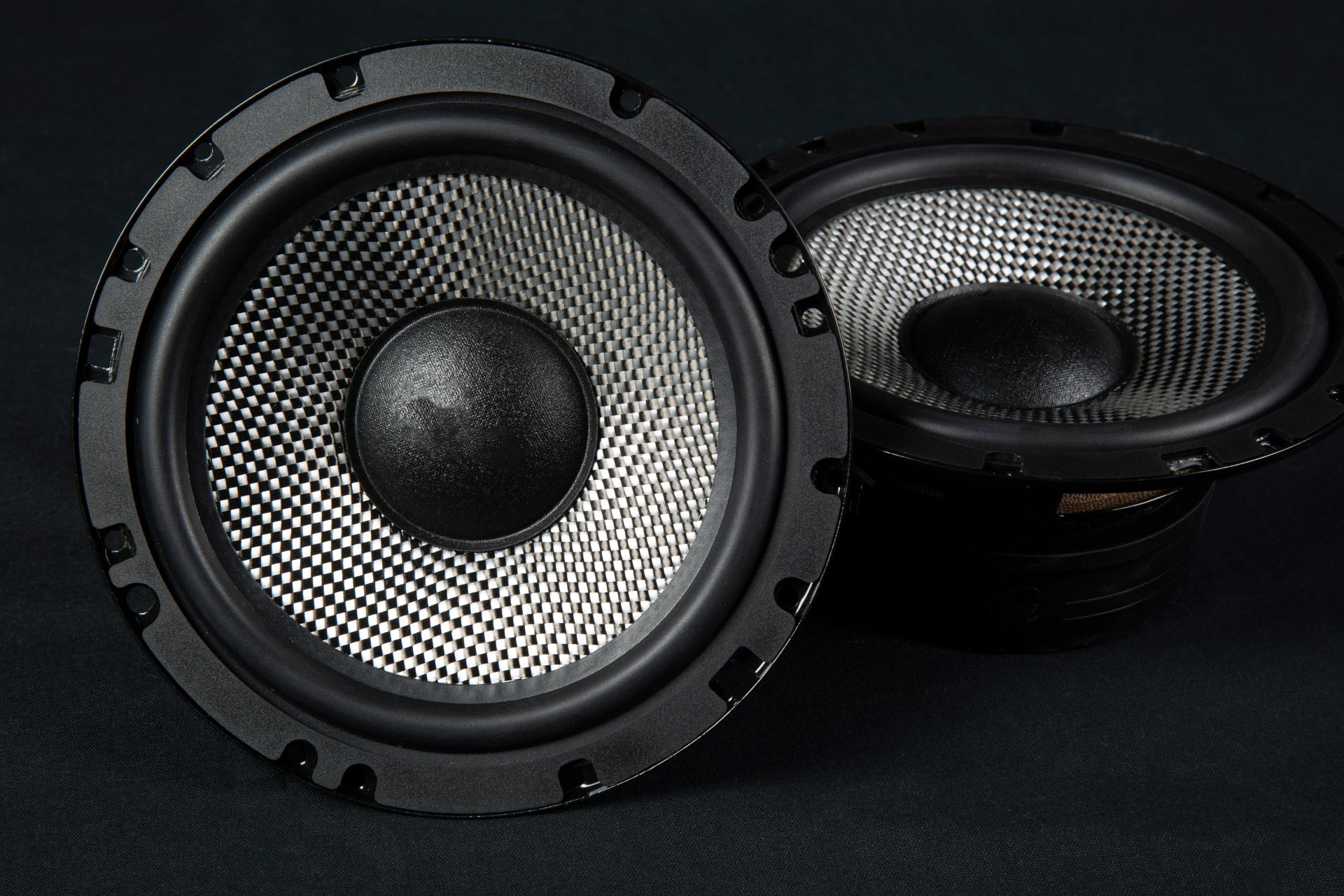

When it comes to growing roses in a garden center, the best types of soil to use are well-draining loamy soil with a slightly acidic pH level. Loamy soil provides the right balance of sand, silt, and clay, allowing for proper drainage and aeration, while also retaining enough moisture for the roses to thrive. Additionally, adding organic matter such as compost or peat moss can help improve the soil structure and fertility, providing essential nutrients for the roses to grow healthy and strong.
Indoor plants in a garden center should be watered according to their specific needs, as overwatering or underwatering can both be detrimental to their health. Generally, it is recommended to water indoor plants when the top inch of the soil feels dry to the touch. However, factors such as the type of plant, the size of the pot, and the environmental conditions should also be taken into consideration. It's important to monitor the moisture levels of the soil and adjust the watering frequency accordingly to ensure the indoor plants thrive in the garden center.
Video demo controlling the motorized zoom lens of a 4K CCTV camera from a Viewtron DVR. The post 4K CCTV Camera with Motorized Zoom Lens first appeared on Security Camera & Video Surveillance Blog.
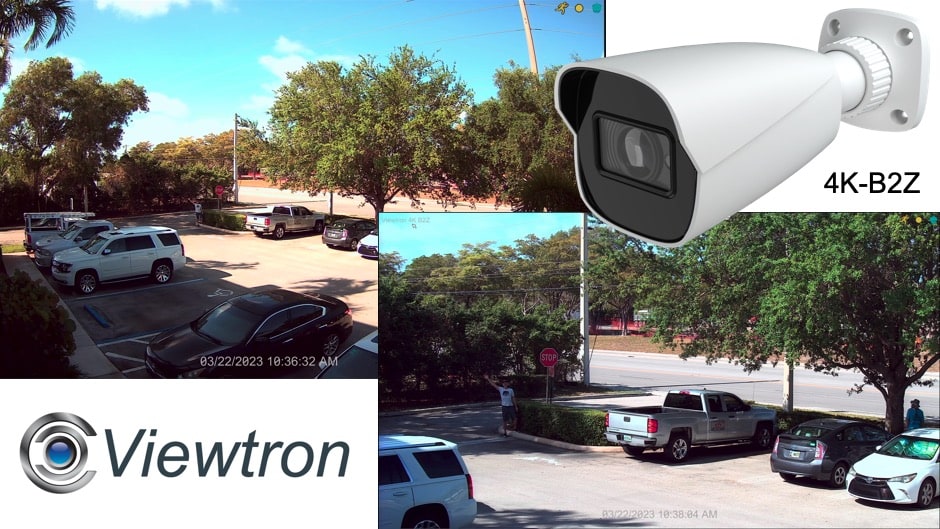
Posted by on 2023-03-23
View security cameras that are connected to multiple DVR locations with the Viewtron mobile app. The post View Multiple Security Camera DVR Locations via Mobile App first appeared on Security Camera & Video Surveillance Blog.
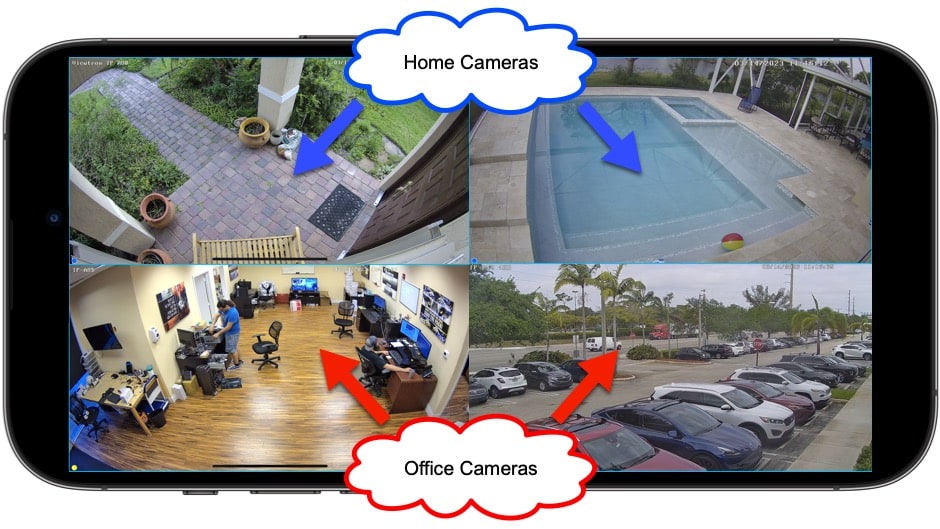
Posted by on 2023-03-14
Organic pest control methods can be highly effective in a garden center, as they minimize the use of harmful chemicals and promote a more sustainable approach to managing pests. Some of the most effective organic pest control methods include introducing beneficial insects such as ladybugs or lacewings, using neem oil or insecticidal soap to deter pests, and practicing companion planting to repel harmful insects. These methods can help maintain a healthy balance in the garden center ecosystem while minimizing the impact on the environment.
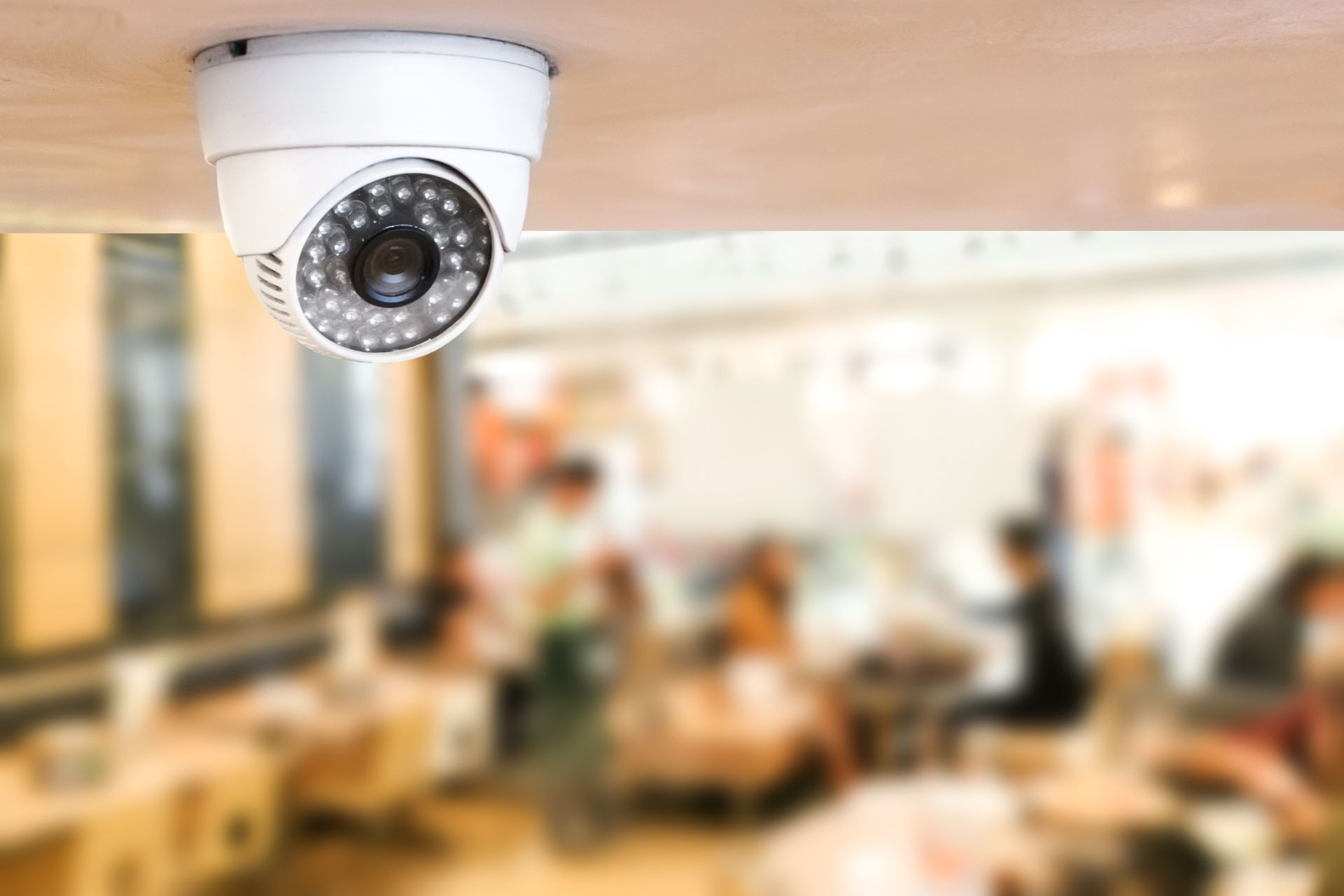
Signs of nutrient deficiencies in plants can manifest in various ways, such as yellowing or browning of leaves, stunted growth, or poor fruit development. To address these deficiencies in a garden center, it's important to conduct soil tests to identify which nutrients are lacking and then supplement the soil with the appropriate organic fertilizers or soil amendments. Additionally, maintaining proper soil pH levels and ensuring good soil structure can also help improve nutrient uptake by the plants, ultimately addressing the deficiencies and promoting healthy growth.
Creating a successful composting system in a garden center involves collecting organic materials such as kitchen scraps, yard waste, and plant trimmings, and then layering them in a compost bin or pile. It's important to maintain a proper balance of green and brown materials, as well as moisture and aeration, to facilitate the decomposition process. Regular turning and monitoring of the compost pile can help accelerate the breakdown of organic matter, resulting in nutrient-rich compost that can be used to improve soil fertility and structure in the garden center.
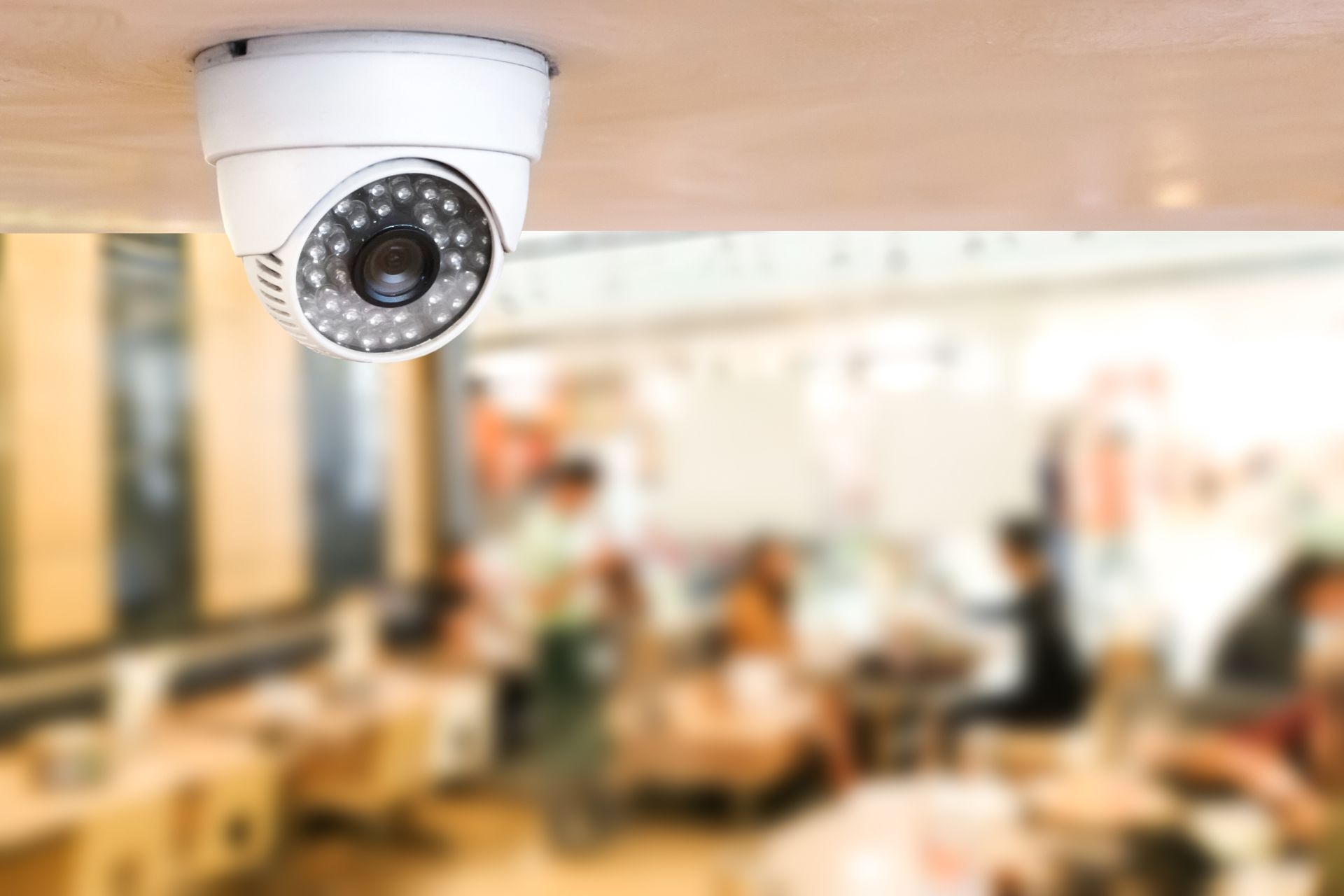
When it comes to pruning fruit trees in a garden center, it's essential to follow best practices to promote healthy growth and maximize fruit production. Pruning should be done during the dormant season, removing dead or diseased branches, as well as any crossing or overcrowded branches. Proper pruning techniques, such as making clean cuts at the right angle and location, can help prevent disease and promote faster healing. Additionally, shaping the tree to an open center or modified central leader structure can help improve sunlight penetration and air circulation, ultimately benefiting the overall health of the fruit trees in the garden center.
Attracting beneficial insects to a garden center can be beneficial for pollination and pest control. Planting a diverse range of flowering plants can help attract pollinators such as bees, butterflies, and hummingbirds, while also providing a food source for beneficial insects. Additionally, providing shelter and nesting sites, such as bee hotels or brush piles, can encourage beneficial insects to establish a presence in the garden center. Avoiding the use of harmful pesticides and promoting a healthy and diverse ecosystem can also help attract and support beneficial insects in the garden center.
CCTV Security Camera Placement Strategies for Commercial Properties
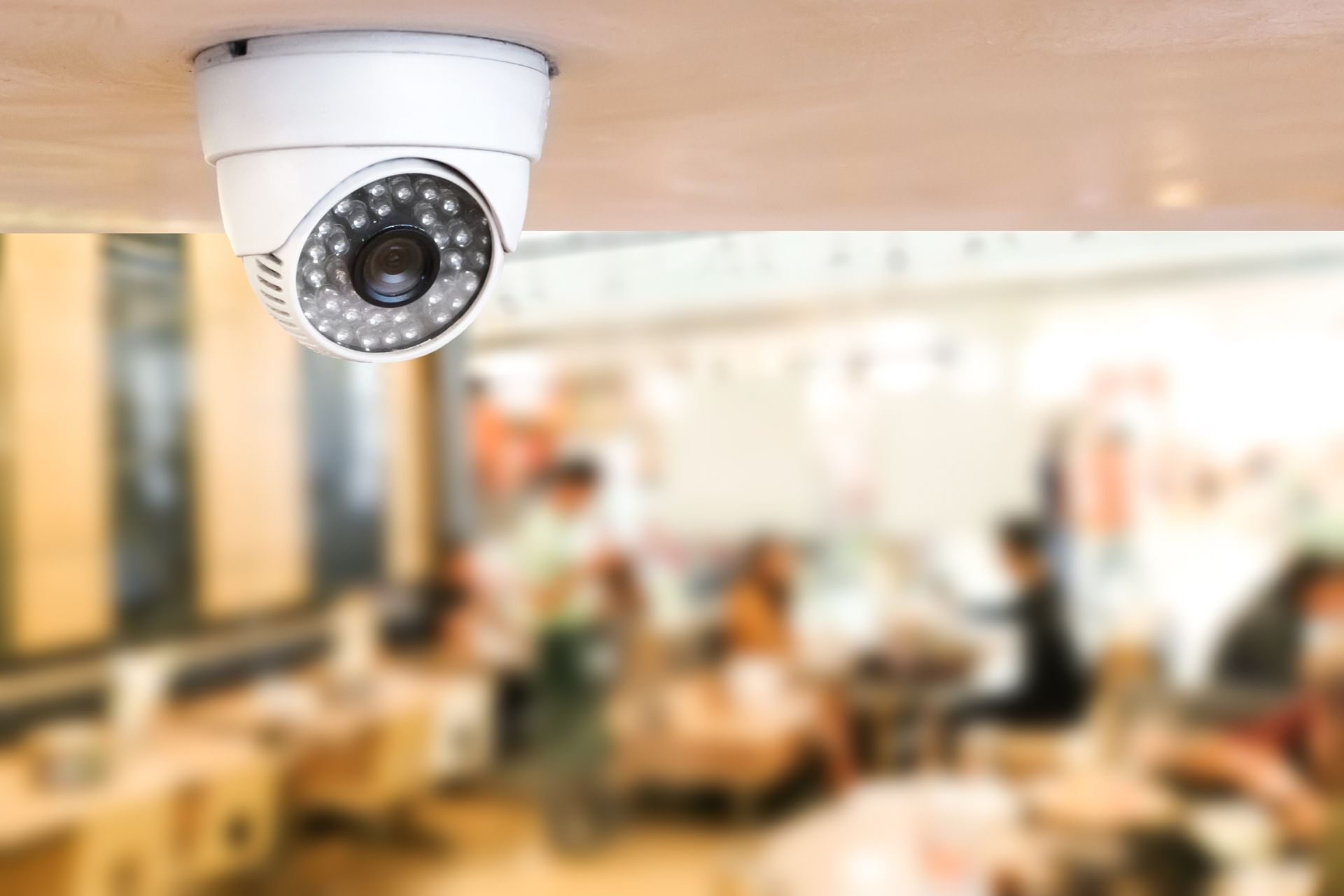
Ensuring security for museum exhibits through CCTV can be achieved by implementing a comprehensive surveillance system that incorporates advanced features and technologies. Firstly, it is crucial to install high-resolution cameras strategically positioned to cover all areas of the museum, including entrances, galleries, and storage rooms. These cameras should be equipped with motion detection capabilities, enabling them to detect any suspicious activity and trigger real-time alerts. Additionally, the use of infrared cameras can provide enhanced visibility in low-light conditions. To further enhance security, the CCTV system should be integrated with access control systems, allowing only authorized personnel to access restricted areas. Regular maintenance and monitoring of the CCTV system are also essential to ensure its optimal performance and to promptly address any technical issues. By implementing these measures, museums can effectively safeguard their exhibits and deter potential theft or vandalism.
Ensuring security at pharmacy counters through CCTV can be achieved by implementing a comprehensive surveillance system that incorporates various advanced features. Firstly, it is crucial to install high-resolution cameras strategically positioned to cover all areas of the pharmacy counter, including the cash register, medication storage, and customer interaction zones. These cameras should have night vision capabilities to ensure visibility in low-light conditions. Additionally, the surveillance system should include motion detection technology, which can trigger alerts and recordings when any suspicious activity occurs. Integrating facial recognition software can further enhance security by identifying potential threats or unauthorized individuals. Furthermore, the CCTV system should be connected to a secure network and have encrypted data transmission to prevent unauthorized access. Regular maintenance and monitoring of the system are essential to ensure its effectiveness and address any technical issues promptly. By implementing these measures, pharmacies can significantly enhance security at their counters and deter potential criminal activities.
To ensure security in food preparation areas, it is essential to implement strict hygiene protocols, such as regular handwashing, wearing protective clothing, and using disinfectants to clean surfaces. Additionally, it is important to properly store and handle food to prevent contamination and spoilage. Employing proper food handling techniques, such as separating raw and cooked foods, using separate cutting boards for different food types, and maintaining proper cooking temperatures, can also help ensure food safety. Regular maintenance and cleaning of kitchen equipment, as well as proper waste disposal, are also crucial in preventing the spread of bacteria and other contaminants. Training staff on food safety practices and conducting regular inspections can further enhance security in food preparation areas.
To ensure comprehensive surveillance on gaming floors, a casino can implement a robust security system that incorporates advanced video surveillance technology. This system should include a network of high-resolution cameras strategically placed throughout the gaming area, covering every angle and ensuring maximum visibility. Additionally, the system should be equipped with facial recognition software, motion sensors, and advanced analytics capabilities to detect any suspicious activities or behaviors. The security personnel should be trained in monitoring the surveillance feeds and identifying potential threats or fraudulent activities. Regular audits and inspections should be conducted to ensure the system's effectiveness and to identify any areas that may require additional surveillance coverage. By implementing such a comprehensive surveillance system, a casino can enhance the safety and security of its gaming floors, protecting both the players and the establishment itself.
When it comes to camera placements for garden centers, there are several key areas that should be considered. One important location is the entrance of the garden center, where cameras can be positioned to monitor incoming and outgoing customers, as well as deter potential theft or vandalism. Another crucial area is the checkout counter, where cameras can help prevent employee theft and ensure accurate transactions. Additionally, cameras should be placed strategically throughout the outdoor nursery area to monitor plant inventory and prevent unauthorized access. It is also recommended to have cameras in the parking lot to enhance customer safety and deter car break-ins. Lastly, cameras can be placed in the storage and loading areas to monitor inventory movement and prevent theft. By strategically placing cameras in these areas, garden centers can enhance security, protect their assets, and provide a safe shopping environment for customers.
To ensure visibility of customer service desks through CCTV, it is important to strategically place the cameras in locations that provide optimal coverage of the desks and surrounding areas. This may involve installing multiple cameras to capture different angles and perspectives. Additionally, it is crucial to regularly maintain and adjust the cameras to ensure they are functioning properly and capturing clear footage. Utilizing high-resolution cameras with night vision capabilities can also enhance visibility in low-light conditions. Integrating the CCTV system with monitoring software can allow for real-time monitoring of the customer service desks, providing added security and visibility. Furthermore, implementing signage to indicate the presence of CCTV surveillance can serve as a deterrent to potential security threats and enhance the overall visibility of the customer service desks.